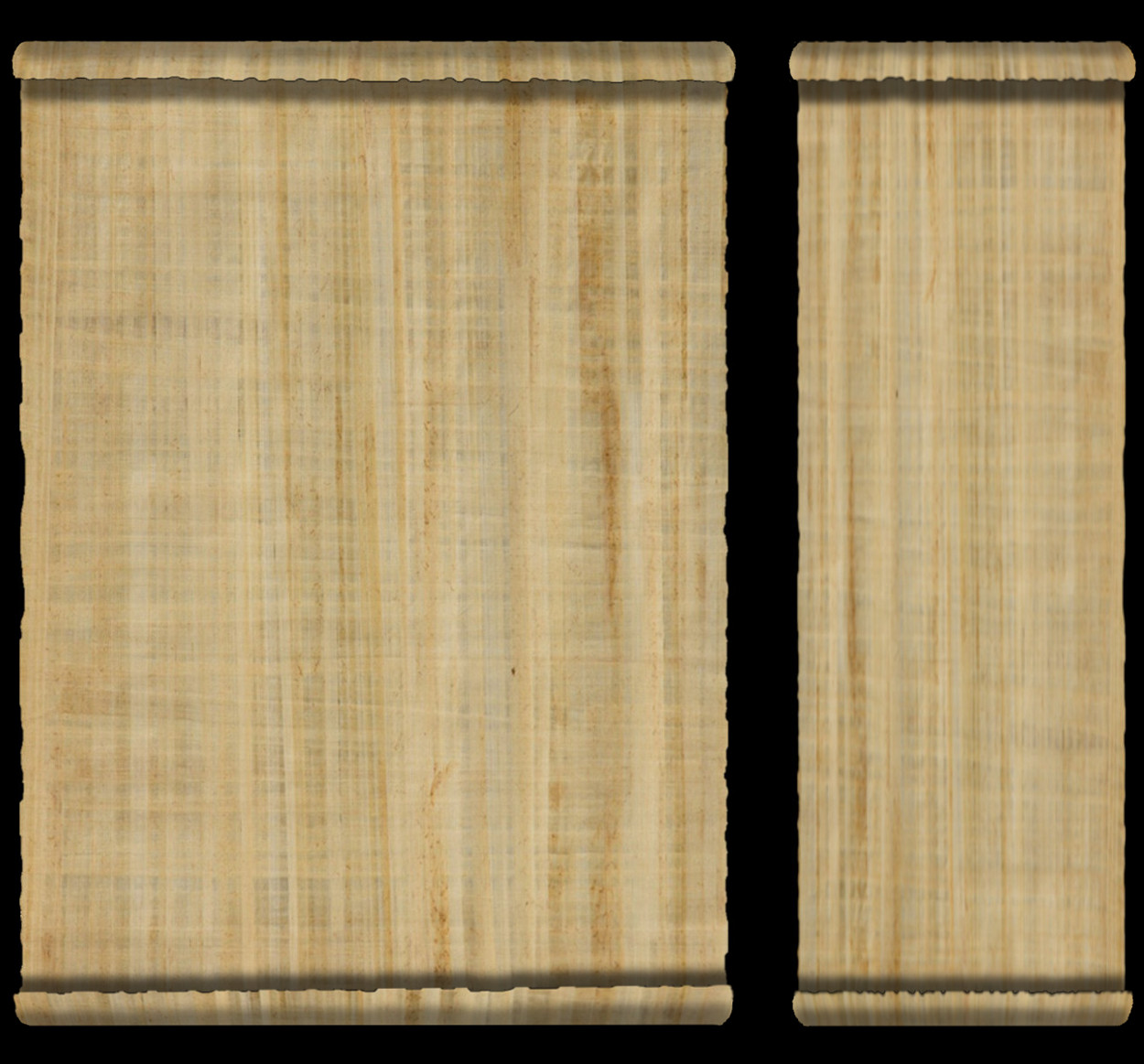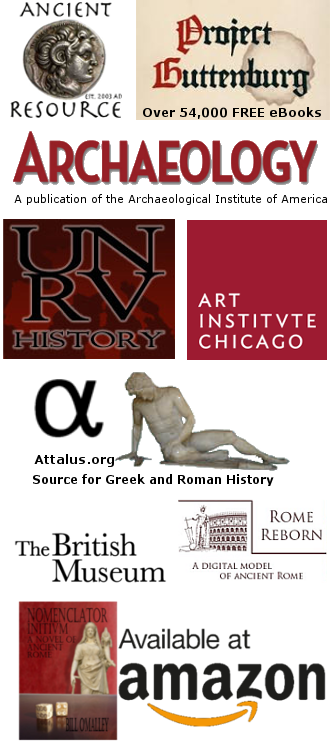



Daemon Borrowed from ancient Greek and Hellenistic religion, Daemons were thought to be benevolent or benign nature spirits, beings of the same nature as both mortals and deities, similar to ghosts, chthonic heroes, spirit guides, forces of nature or the deities themselves.
Dignitas An untranslatable Latin word referring to a unique, intangible, and culturally subjective social concept in the ancient Roman mindset. The word does not have a direct translation in English. Some interpretations include "dignity", which is a derivation from "dignitas", and "prestige" or "charisma."
Dimachaeri - Roman Gladiator who used two-swords, one in each hand.
Dictator A Roman official appointed by the senate in times of military emergency to have supreme authority or imperium.
Diodorus Siculus - Sicilian Greek historian who lived from 90 to 21 BC.
Domus Private home for the upper class citizens. See the housing page.
Domus Publica The domus that was the official residence of the Pontifex Maximus. It was located on the Sacra Via, southeast of the Forum Romanum.
Epirus - Conquered in 167 BC, became a Roman Province with Macedonia in 148 BC.
Equirria The Equirria were two ancient Roman festivals of chariot racing, or perhaps horseback racing, held in honor of the god Mars. The first was on February 27 and the other March 14.
Equite The equites were the social class below the patricians and senators in rank, but above the plebeians. The qualification for this social rank was a net worth of 400,000 sestertii. As it implies, the word equite implies a horseman and they were originally the Roman citizens who were able to afford a horse for use in battle. It is sometimes translated as knight.
Etruscan - is the modern name given to a civilization of ancient Italy in the area corresponding roughly to Tuscany, western Umbria, and northern Lazio. The ancient Romans called its creators the Tusci or Etrusci. Their Roman name is the origin of the terms Tuscany, which refers to their heartland, and Etruria, which can refer to their wider region. Key parts of Roman culture and religion were adapted from the Etruscans.
Fabii - Very powerful patrician family during the 5th century BC.
Falling sickness Ancient Roman name for epilepsy and similar ailments.
Flamen Dialis The Flamen Dialis was the high priest of Jupiter. Although the priesthood came with many honors and privileges, it also carried several restrictions that prevented a political career.
Among other restrictions the Flamen could not leave Rome for even a single night or touch a horse, making military service impossible.Flaminian Way The Via Flaminia was an ancient Roman road leading from Rome over the Apennine Mountains to Ariminum (Rimini) on the coast of the Adriatic Sea.
Forum Boarium The forum near the Tiber River that was the principal livestock market of ancient Rome.
Forum Romanum This was the main forum of ancient Rome during the late republic. The Forum Romanum was the center of civic and religious life.
These links are being provided as a convenience and for informational purposes only; they do not constitute an endorsement or an approval by Nomenclator Books or Bill O'Malley of any of the products, services or opinions of the corporation or organization or individual. Nomenclator Books and Bill O'Malley bears no responsibility for the accuracy, legality or content of the external site or for that of subsequent links. Contact the external site for answers to questions regarding its content.
